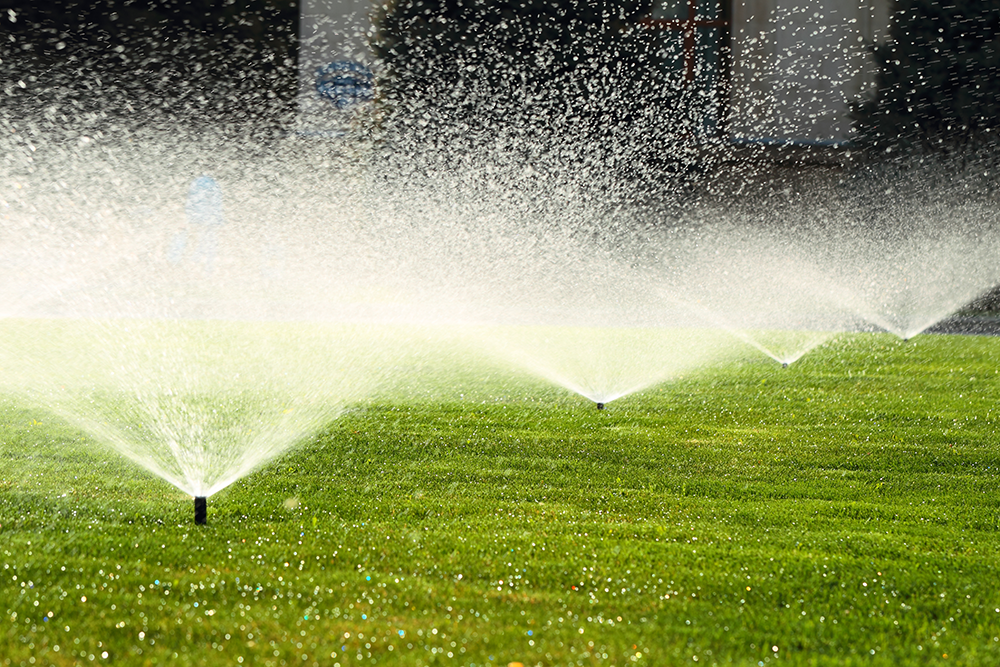Whether you’re new to San Antonio or a long-time resident, you probably know our region is prone to drought. Sometimes we’re lucky and get great summer rains. But that certainly hasn’t been the case in the past few years.
 2024 marks the fifth year in a row of below-normal Edwards Aquifer recharge, and three straight years of drought watering rules.
2024 marks the fifth year in a row of below-normal Edwards Aquifer recharge, and three straight years of drought watering rules.
“Managing through this drought has been intense and challenging,” said Karen Guz, SAWS vice president of conservation. “But it’s also given us perspective on what works and where we can improve.”
Guz said targeted water savings of just 10% were not met over the last two years.
“The good news is most people follow the once-per-week lawn watering rules,” Guz said. “By making some reasonable adjustments to our drought plan we can increase savings and reduce the chance of stricter rules in the future.”
Making drought rules more fair Using City of San Antonio citations to enforce drought rules has unfairly left some residents outside their reach.
“SAWS customers who live in suburban cities or otherwise outside San Antonio’s jurisdiction are not subject to the watering rules today,” Guz said. “We need everyone’s help to save water during drought.”
To close this gap, SAWS plans to make the rules part of its Utility Service Regulations. This will ensure all SAWS customers follow the same rules, regardless of where they live. It will also allow violation charges to be put on the SAWS bill rather than requiring a court appearance.
What are the new violation charges? The first charge for a single family or small commercial site will still be $137. For a first-time violation, this fee can be waived by taking a one-hour course online. Subsequent charges are higher to discourage repeat violations. The charges will also be much higher for sites that use one million gallons or more per year for irrigation.
How can someone challenge the violation? Customers will be able to review the violation before any charge is put on their SAWS bill.
“A call to SAWS will result in a review of the evidence,” Guz said. “This will include a date/time-stamped photo, GPS maps and notes from the trained enforcement staff, and a review of electronic meter data, if available.”
Customers not satisfied by this review can escalate to a committee of non-SAWS employees appointed by the SAWS Board, “to ensure enforcement is fair and consistent,” Guz said.
The new rules and charges are expected to take effect in July.